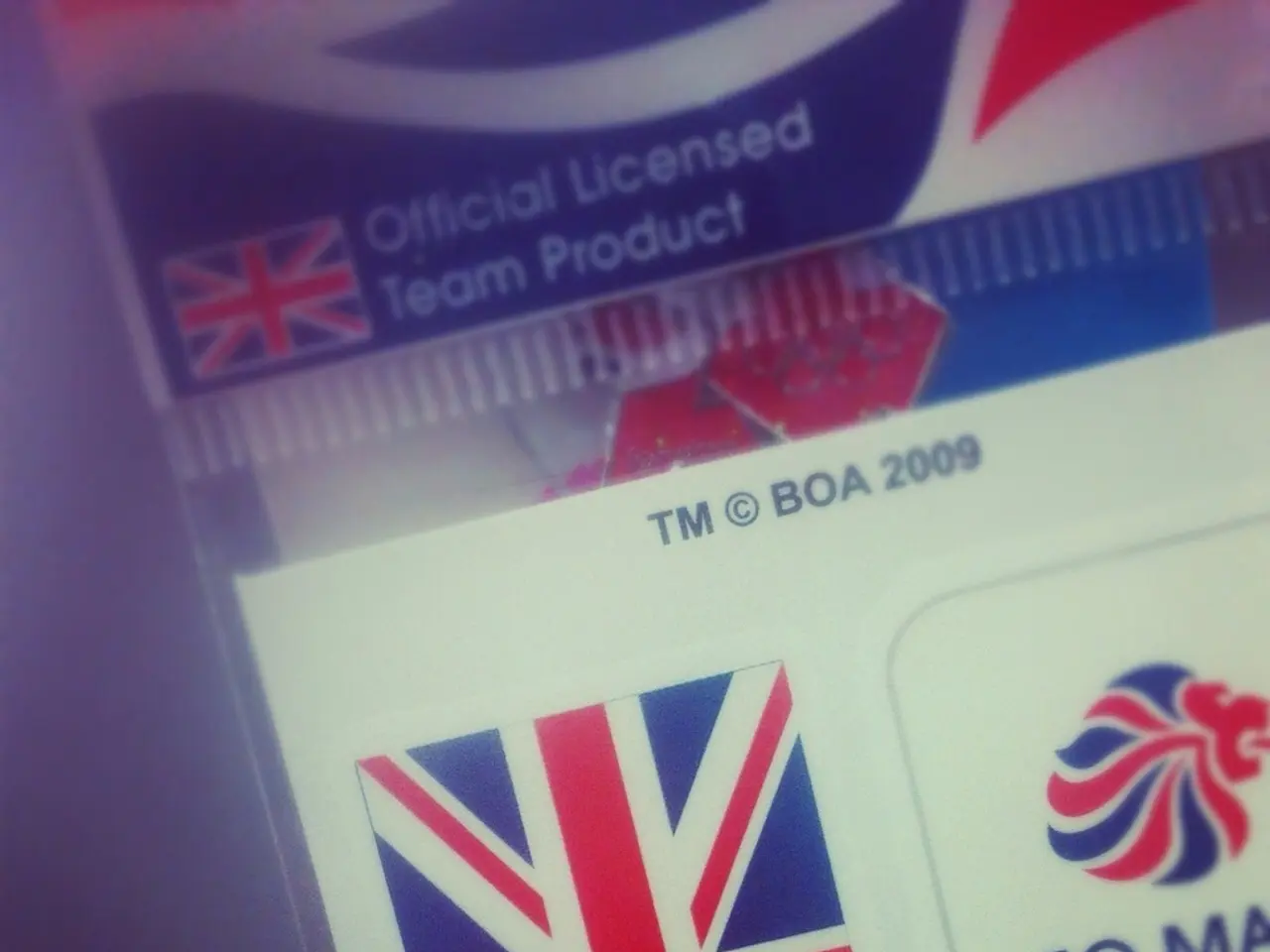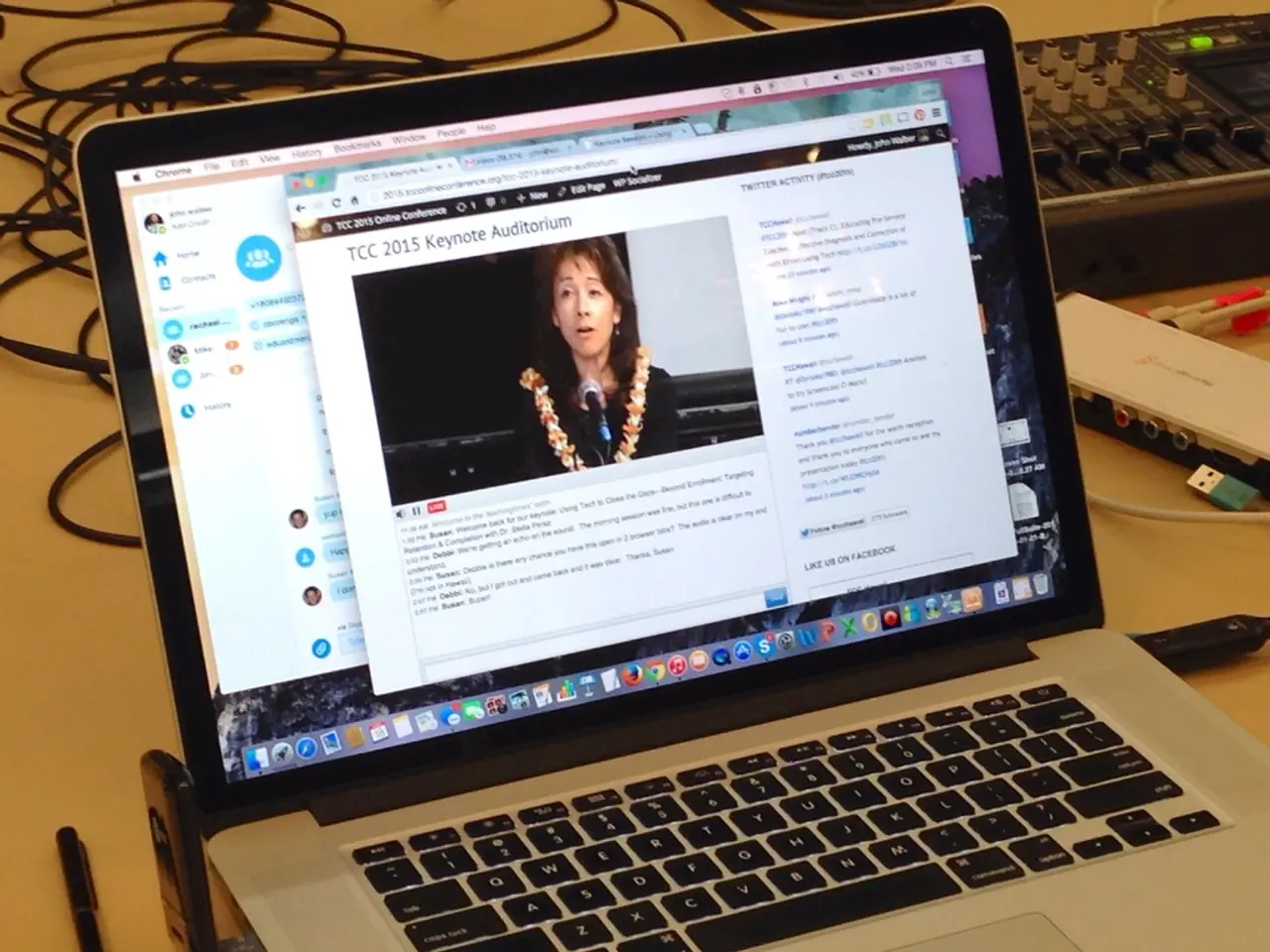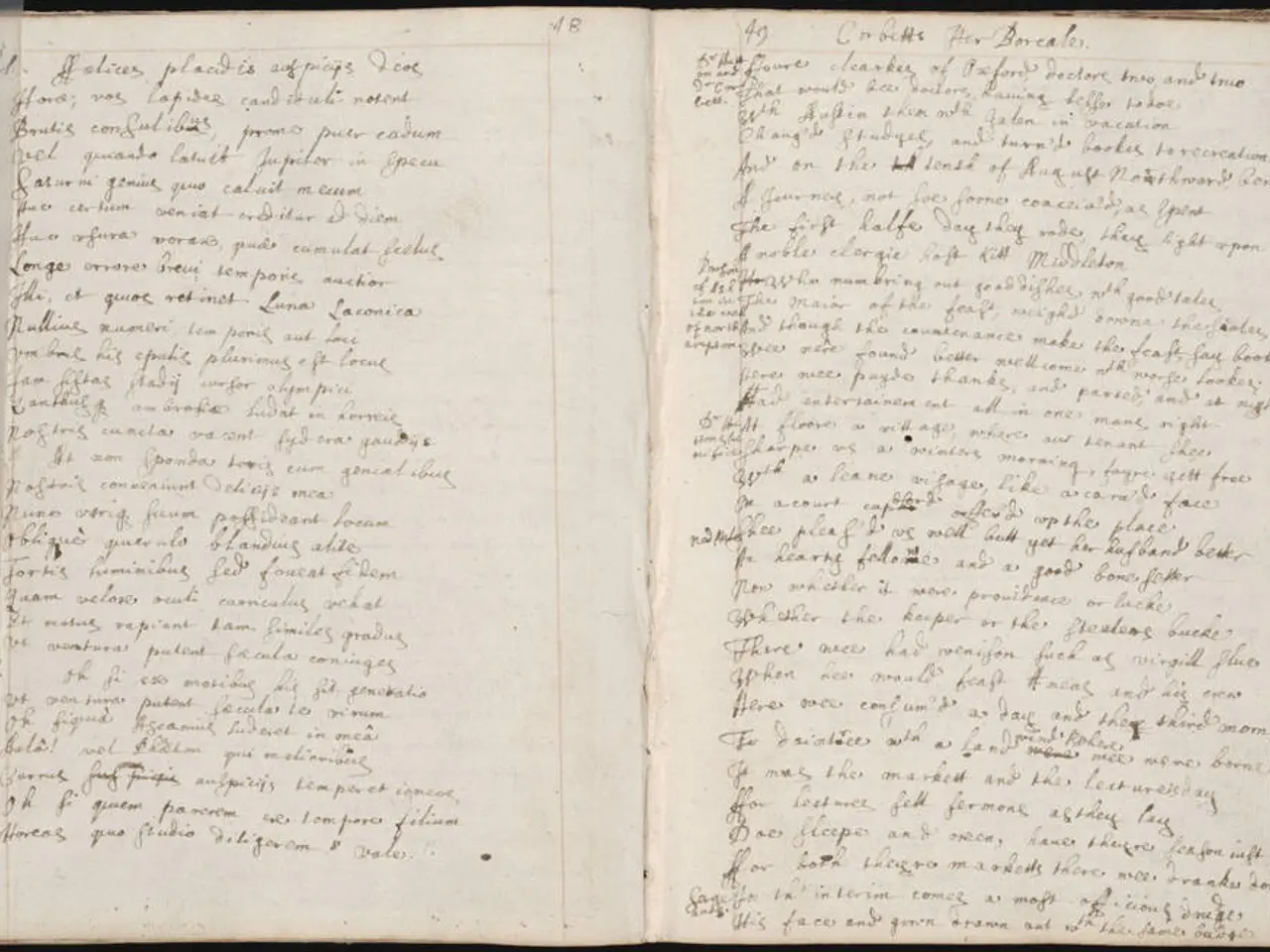Committees within the European Parliament and the European Patent Office (EPO) express their views on the proposed regulations regarding Standard Essential Patents (SEPs)
European Commission Withdraws Draft Regulation on Standard Essential Patent Licensing
The European Commission has withdrawn its draft regulation on Standard Essential Patent (SEP) licensing, originally published in April 2023, due to a lack of clear support from both the European Parliament and the Council. The decision comes after significant criticism and concerns from various stakeholders.
The draft regulation aimed to regulate SEP licensing, but concerns were raised about its complexity, regulatory imbalance, and the need for judicial expertise. The European Parliament committees, the Economic and Social Committee (EESC), and third parties argued that the legal and technical issues involved in SEP regulation require further investigation and the involvement of experts, particularly judges of the Unified Patent Court (UPC) who have technical expertise.
One of the key concerns was the proposal's perceived disproportionate favoritism towards SEP implementers over SEP holders. Critics argued that burdensome requirements like registration, fees to the EU Intellectual Property Office (EUIPO), and delayed court access for SEP holders, coupled with a lack of constraints on implementers, risk discouraging investment in research and innovation.
In light of these concerns, the Commission has decided to seek a broader consensus before pursuing such a complex regulatory framework. It stated it would continue to monitor market and international developments related to SEP licensing frictions.
As an alternative approach, the European Commission recently endorsed joint SEP licensing initiatives, such as a licensing negotiation group in the automotive sector, providing "comfort letters" signaling support for collaborative, pro-competitive solutions to SEP licensing challenges under existing competition law frameworks.
The European Patent Office (EPO) president has made an unusual intervention regarding the draft SEP regulation, emphasizing the pre-existing expertise at the EPO, standard setting organizations, and the Unified Patent Court (UPC) in addressing SEP licensing issues. The EPO perspective is not directly cited in available search results, but the EESC recommended leveraging judges from the Unified Patent Court system rather than the EUIPO for handling technical patent disputes, implying a view that specialized judicial expertise is preferable to administrative regulation of SEPs.
The draft SEP regulation included provisions for a SEP register, essentiality checks on SEPs, consideration of aggregate royalty burdens, a mandatory ADR FRAND determination process, and a competence center at the EU Intellectual Property Office (EUIPO) to administer the various aspects. However, the Commission's proposal for simplified out-of-court settlements and the uncertainty surrounding essentiality checks conducted by the EUIPO have raised questions.
The Committee on International Trade, on the other hand, recommends that the FRAND determination procedure should run in parallel to validity and infringement court proceedings. The committee also emphasizes the need to remove the unilateral nature of the potential FRAND determination process and deleting the use of an aggregate royalty mechanism, arguing that such determinations should be left to the courts.
Standardisation and SEPs play a significant role across various technologies and sectors, including communications, media, and the Internet of Things. The focus on aggregate royalties in the draft SEP regulation is an interesting one, given the strong preference for focusing on comparable licences as the best evidence of market rates for particular portfolios.
The legislative process for the draft SEP regulation might take considerably longer than average to be adopted due to the divergence of views in the European Parliament, and concessions might have to be made. As of mid-2025, the formal EU regulatory proposal on SEP licensing has been withdrawn, with key concerns focusing on legal complexity, regulatory imbalance, and the need for judicial expertise. Instead, the Commission appears to favor monitored, collaborative industry initiatives and ongoing observation of market developments to address SEP licensing issues.
[1] European Parliament's Committee on Legal Affairs, (2023). Opinion on the proposal for a regulation of the European Parliament and of the Council on the application of the Union law on the rights conferred by standard essential patents. [2] European Parliament's Committee on International Trade, (2023). Opinion on the proposal for a regulation of the European Parliament and of the Council on the application of the Union law on the rights conferred by standard essential patents. [3] European Commission, (2025). Joint SEP licensing initiatives. [4] European Patent Office, (2023). Letter to the European Parliament's Committee on Legal Affairs. [5] European Commission, (2025). Press release: Commission withdraws draft regulation on standard essential patents.
- The European Parliament, through its Committee on Legal Affairs, advocated for a more judicial-centric approach to resolve disputes surrounding intellectual property rights, particularly Standard Essential Patents (SEPs), by emphasizing the need for judges from the Unified Patent Court (UPC) to handle technical patent disputes.
- In light of the perceived complexity and imbalance in the draft regulation on SEP licensing, the European Commission has opted to support collaborative, industry-led initiatives, such as joint SEP licensing, and to closely observe technology-related disputes and developments, before re-approaching the regulation of SEP licensing.




